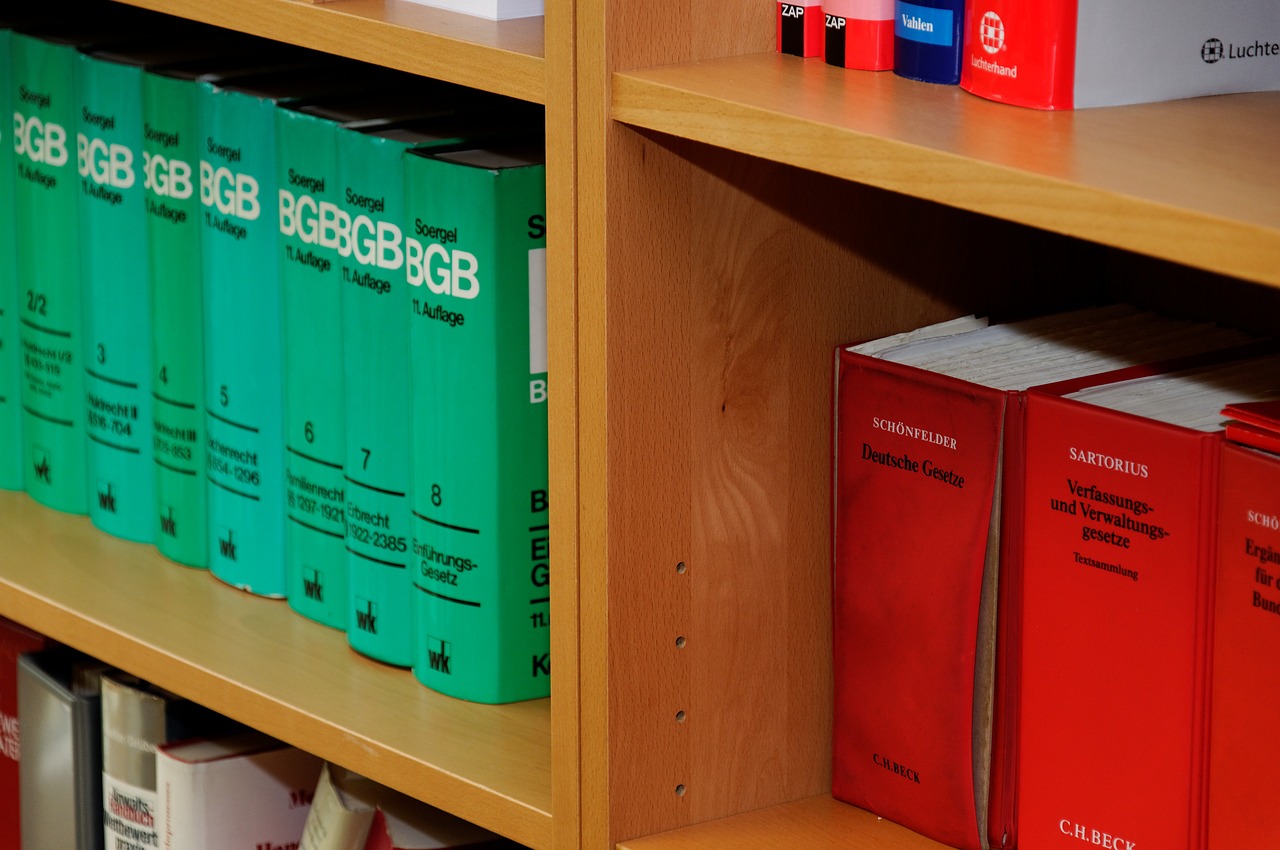Supporting Childrens Social Skills Through Cooperative Play and Peer Interaction: Sky exch, World 777 com login, Gold bet
sky exch, world 777 com login, gold bet: Supporting Childrens Social Skills Through Cooperative Play and Peer Interaction
Hey there, parents and educators! Today, were diving into the importance of supporting childrens social skills through cooperative play and peer interaction. As children grow and develop, its crucial to provide them with opportunities to interact with their peers in a positive and supportive environment. This not only helps them build important social skills but also fosters empathy, communication, and teamwork abilities that will benefit them throughout their lives.
Lets take a closer look at how cooperative play and peer interaction can support childrens social development.
Encouraging Cooperation
Cooperative play involves children working together towards a common goal, whether its building a tower with blocks or putting on a play. By engaging in cooperative play, children learn how to take turns, share responsibilities, and communicate effectively with their peers. This type of play teaches children the value of teamwork and collaboration, both essential skills in building strong relationships with others.
Developing Empathy
Peer interaction allows children to develop empathy and understand the feelings and perspectives of others. When children engage with their peers, they learn to consider others emotions and viewpoints, which is a crucial aspect of social development. By encouraging children to communicate and problem-solve together, they can develop a deeper sense of empathy and compassion towards others.
Building Communication Skills
Effective communication is key to building strong relationships with others. Through cooperative play and peer interaction, children have the opportunity to practice their communication skills in a safe and supportive environment. Whether they are negotiating roles in a game or expressing their thoughts and feelings, children learn how to communicate effectively with their peers and build confidence in their ability to express themselves.
Fostering Teamwork
Teamwork is a valuable skill that children can develop through cooperative play. By working together towards a common goal, children learn how to coordinate their efforts, listen to others ideas, and problem-solve as a group. These experiences help children understand the importance of collaboration and how working together can lead to better outcomes than working alone.
Promoting Positive Conflict Resolution
Conflict is a natural part of social interactions, but its essential for children to learn how to resolve conflicts in a positive and respectful way. Through cooperative play and peer interaction, children can practice conflict resolution skills, such as listening to others perspectives, expressing their own feelings calmly, and finding mutually agreeable solutions. These experiences help children develop the skills they need to navigate conflicts effectively both now and in the future.
Encouraging Inclusivity
Cooperative play and peer interaction provide opportunities for children to practice inclusivity and embrace diversity. By engaging with a variety of peers, children learn to appreciate and respect differences in backgrounds, abilities, and perspectives. Encouraging inclusivity in social interactions helps children develop a sense of empathy, acceptance, and open-mindedness towards others.
FAQs
Q: How can I support my childs social skills at home?
A: Encourage your child to engage in cooperative play with siblings or friends, practice active listening, and model positive communication and conflict resolution skills.
Q: What are some activities that promote peer interaction?
A: Playdates, group games, collaborative art projects, and team sports are all great ways for children to interact with their peers and develop social skills.
Q: How can educators support childrens social development in the classroom?
A: Provide opportunities for cooperative learning, encourage group work, teach conflict resolution strategies, and promote a positive and inclusive classroom environment.
In conclusion, supporting childrens social skills through cooperative play and peer interaction is essential for their overall development. By providing opportunities for children to engage with their peers in a positive and supportive environment, we can help them build important social skills, empathy, communication, teamwork, and conflict resolution abilities that will benefit them throughout their lives. Lets continue to encourage and nurture these skills in our children to help them thrive socially and emotionally.







